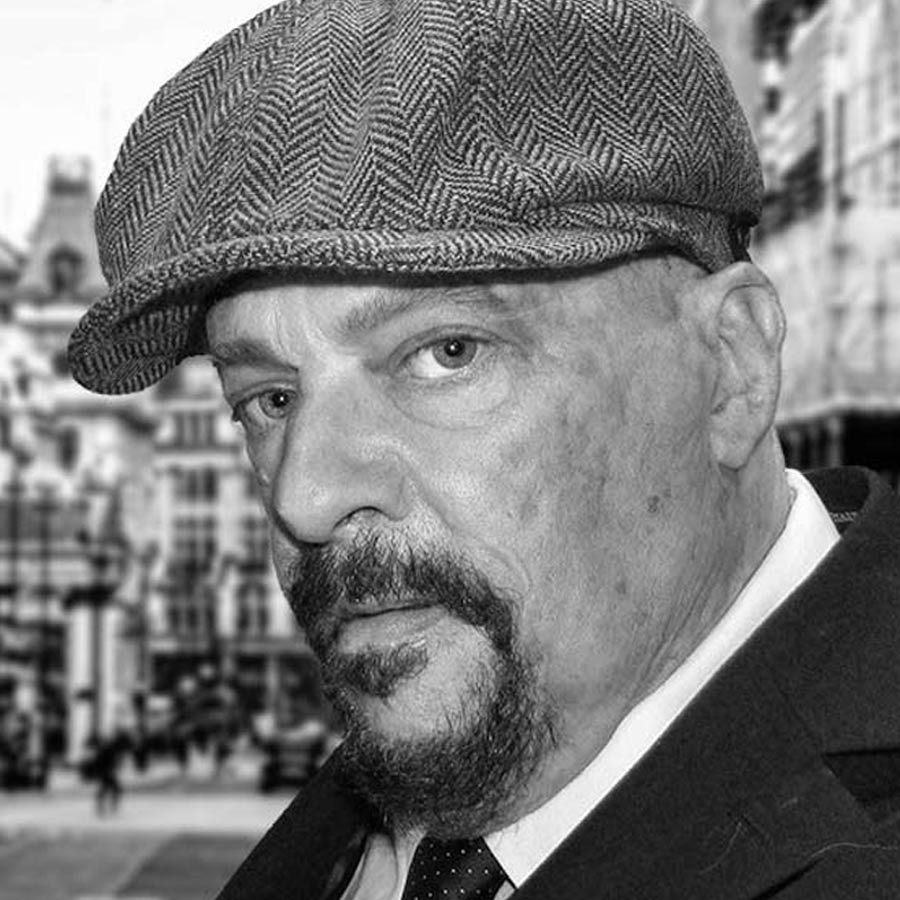
Trust is at the heart of any relationship, but the one we often forget is the relationship we have with ourselves. Let’s fine-tune that to say it’s the relationship our mind or personality has with our authentic self, or spirit. For example, let’s say we planned to go shopping, but that small inner voice says instead, what about checking in on an elderly relative. We fight a little with ourself, using logic to dismiss the little voice. But the voice wins out and we check up on our relative. It turns out her heat was just turned off, or maybe her electricity. That little voice always knows best. So, if you haven’t caught on by now, the little voice is our eternal spirit that knows all, and the logical argument came from our mind, a physical entity. So the first lesson in trust is to trust our inner voice. But what about trust in a relationship?
In a relationship, if it is built on love, both people do what is best for the other, and also for themselves. The idea of cheating would be devastating to our partner, and maybe our logical mind, part of our ego, thinks we can get away with it and nobody will get hurt. We would not only be hurting our partner, but ourself. Losing trust in oneself is big.
The whole discussion simply boils down once more to ego versus spirit. Our mind, our habits, our personality, these are all components of our ego. Perhaps something in our makeup wants us to cheat, or in some other way break trust. Perhaps we think, why not, others do it? Or we have it in some kind of bucket list of things we think we should do at least once. Meanwhile, our authentic self, our spirit, knows better. That is our real self, and deep down, we know trust is of the utmost importance. Who wins this battle depends upon our actions. We have the free will to decide either way, but the repercussions on broken trust run deep.
Let’s invent a person named Bob. Bob plays in a band and is a nightowl, while his wife doesn’t care for the nightlife and stays home. As Bob continues to enjoy his late night with lights, music and alcohol, he notices the women who sometimes notice him. On breaks, he may strike up innocent conversations with some of them, but then one night, he feels a connection with one in particular, and they wind up repeating this connection regularly. Eventually Bob goes back to her place on his way home, and cheats on his wife. He feels terrible. He never meant for it to happen. His wife doesn’t deserve it. Filled with guilt, his wife senses that something is wrong. Bob’s ego made the affair possible, and now it works to excuse his own behavior. My wife ought to have been coming with me. The girl I cheated with is at fault. Fate made this happen. Excuses go on and on, but Bob has broken the trust of his marriage, and even worse, broken the trust between his ego and his own spirit. The marriage cannot last without trust, and trust is now gone.
But trust is involved in a lot more than marital fidelity. What about sneaking and hiding a little money away for selfish reasons? Secretly drinking more than you should? Keeping any secret from another who trusts us, risks destroying that trust. Trust is strong as an oak tree, yet as delicate as a flower. Nurture it. Keep it. Never betray it. It is something worth fighting for by choosing the right path. The higher path.
For more information, please visit www.thehigherpath.ca











